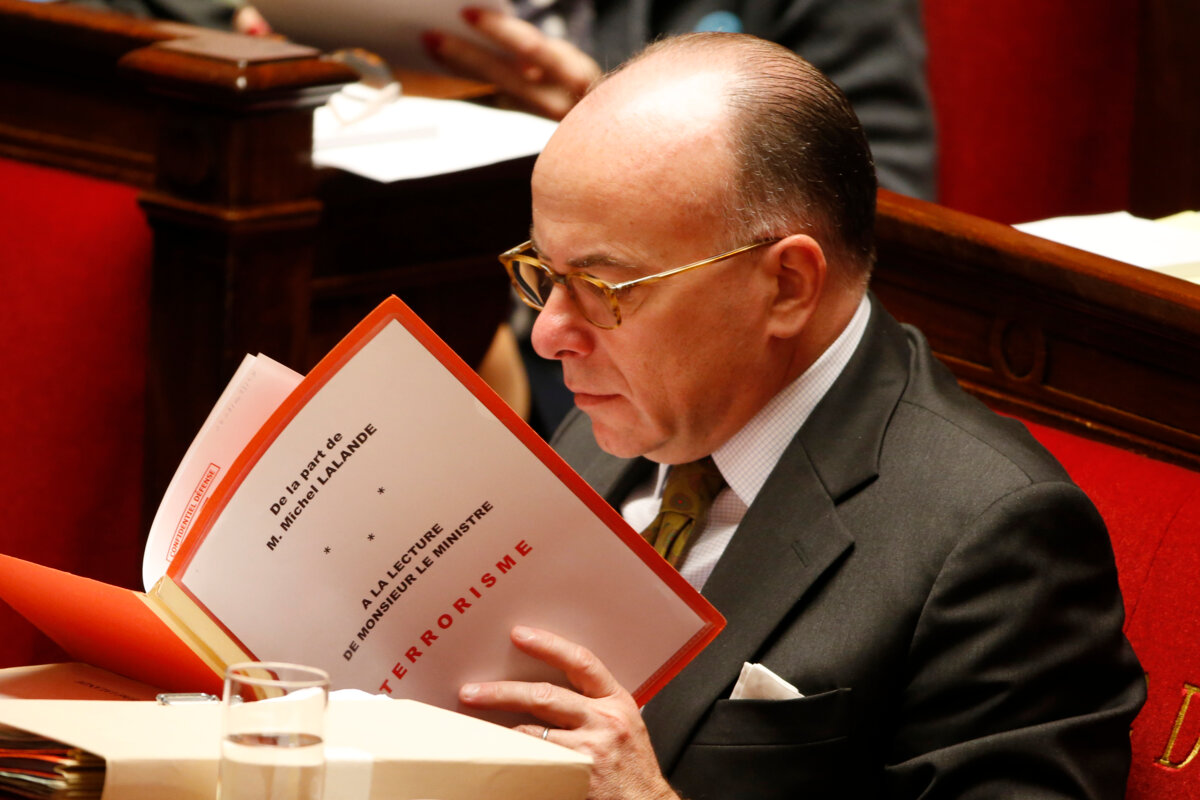A parliamentary committee will this week report on the “abuses” carried out by the authorities acting under the state of emergency that was invoked by the French government after the November 13th terror attacks in Paris. On Wednesday the legal affairs committee will produce its preliminary findings after examining the arrests and searches carried out under the emergency legislation, actions which do not require the approval of a judge or court.
The report is likely to make interesting reading. As of December 10th some 2,500 of these so-called administrative searches – often carried out in the middle of the night - had been carried out since November 13th, according to figures from the Ministry of the Interior. As a result 305 people have been arrested, including 267 held in custody. But despite all the doors knocked in, people handcuffed and flats turned over, none of those arrested have been detained in relation to acts of terrorism, even though this was the whole point of the state of emergency and the greater powers it gives to the police and the authorities. Under emergency powers, all the authorities need to be able to show in order to carry out terrorism-related searches is that there are “serious reasons to think that people, weapons or objects linked to activities of a terrorist nature are present”.

Enlargement : Illustration 1

Yet so far the anti-terrorism prosecution authorities in Paris have opened just two preliminary terror-related investigations as a result of these searches. These two investigations are into alleged “criminal association with a view to the preparation of acts of terrorism” - a very broad offence which allows the authorities to take proceedings against and punish preparatory acts before the start of any terrorist operation – and were opened on December 4th and 10th. No one is yet in custody in relation to these investigations and the prosecution has given no details as to what led to the probes or to the searches connected to them.
“The absence of an investigation doesn't mean that evidence found during the searches is not of interest to the antiterrorism services,” say the prosecution authorities, when asked about the apparent lack of major probes resulting from the administrative searches. It seems, therefore, that one of the uses of the searches has been to provide information for the intelligence services.
Those 2,500 searches have also led to the discovery of 398 firearms, including 169 long-barrelled weapons and 30 weapons of war. The judicial investigations that have been opened after the searches generally concern breaches of the common law, often far removed from terrorism. These include drugs trafficking, possession of weapons and even “working illegally” and “social benefits fraud”. On December 2nd the interior minister Bernard Cazeneuve noted with approval: “In a fortnight we have seized a third of the volume of war weapons recovered in a year.” The searches are also said to have led to “numerous” investigations opened by local prosecution services into “condoning” terrorism or seeking to incite acts of terrorism.
Already Mediapart has reported that the searches carried out in the département or county of Seine-Saint-Denis bordering Paris have exhibited a degree of confusion in the way that objectives are defined. The possession of weapons, cannabis or crack cocaine have all been targeted, on top of suspicions directly related to terrorism. The government, it is true, constantly stresses a potential link between drugs traffickers and jihadists.
Yet though a circular from the Ministry of the Interior on November 25th reminded officials that the use of administrative searches has to be “strictly proportional”, a number of these searches still appear arbitrary. They are also accompanied by a number of “abuses” and unacceptable behaviour and comments on the part of the forces of law and order, as documented by the media.
-----------------------------------------------------------------------
- The French version of this article can be found here.
English version by Michael Streeter


